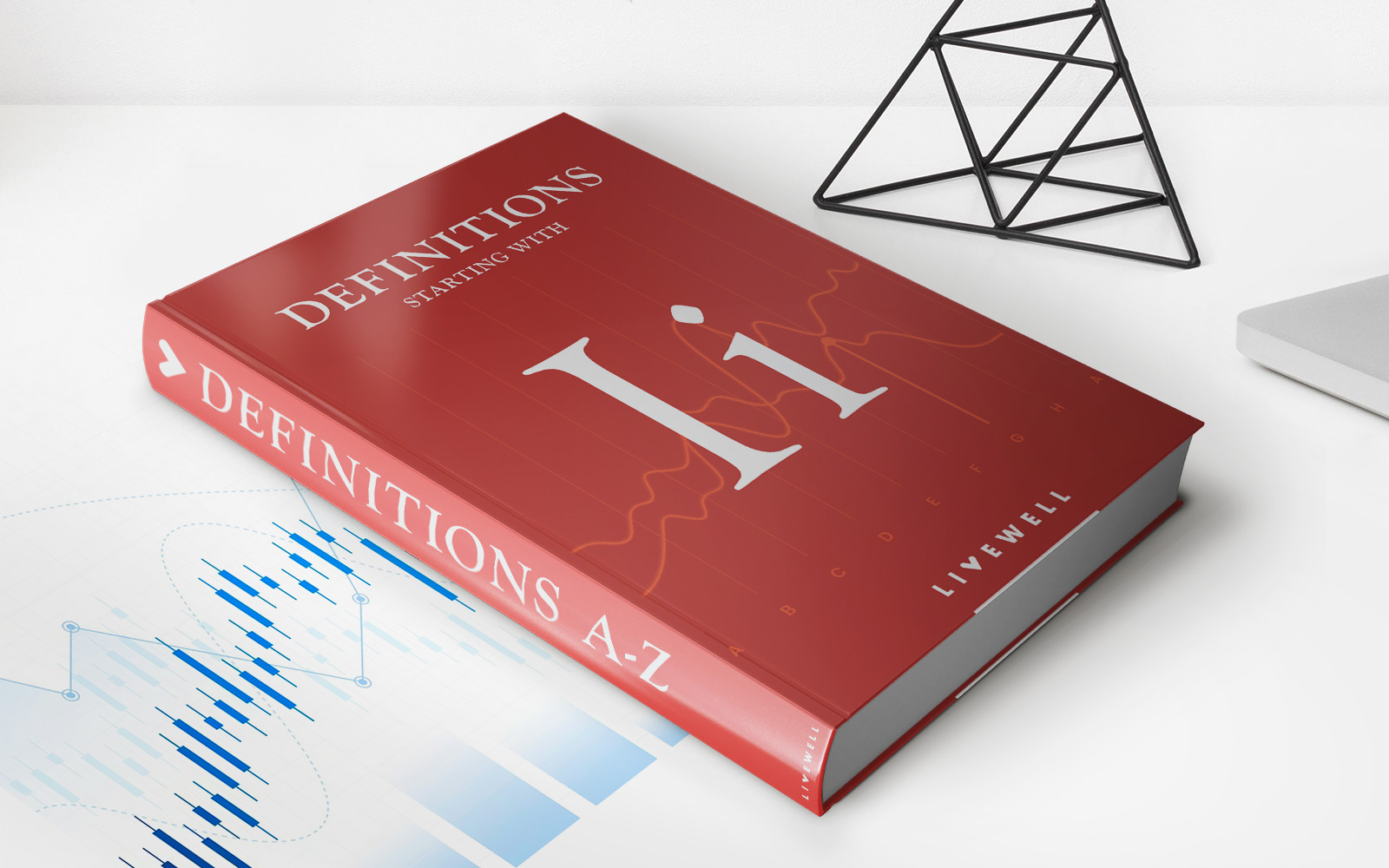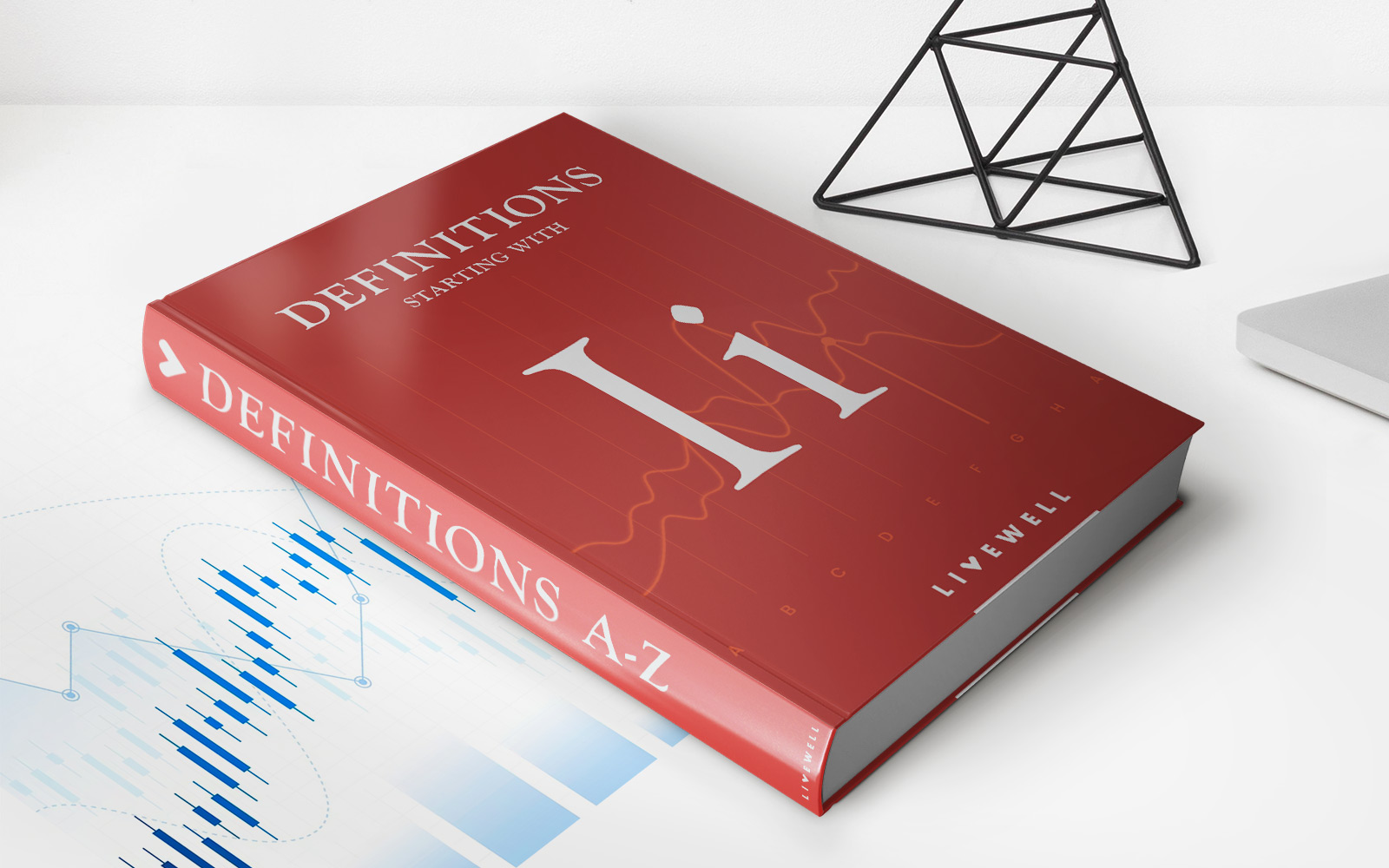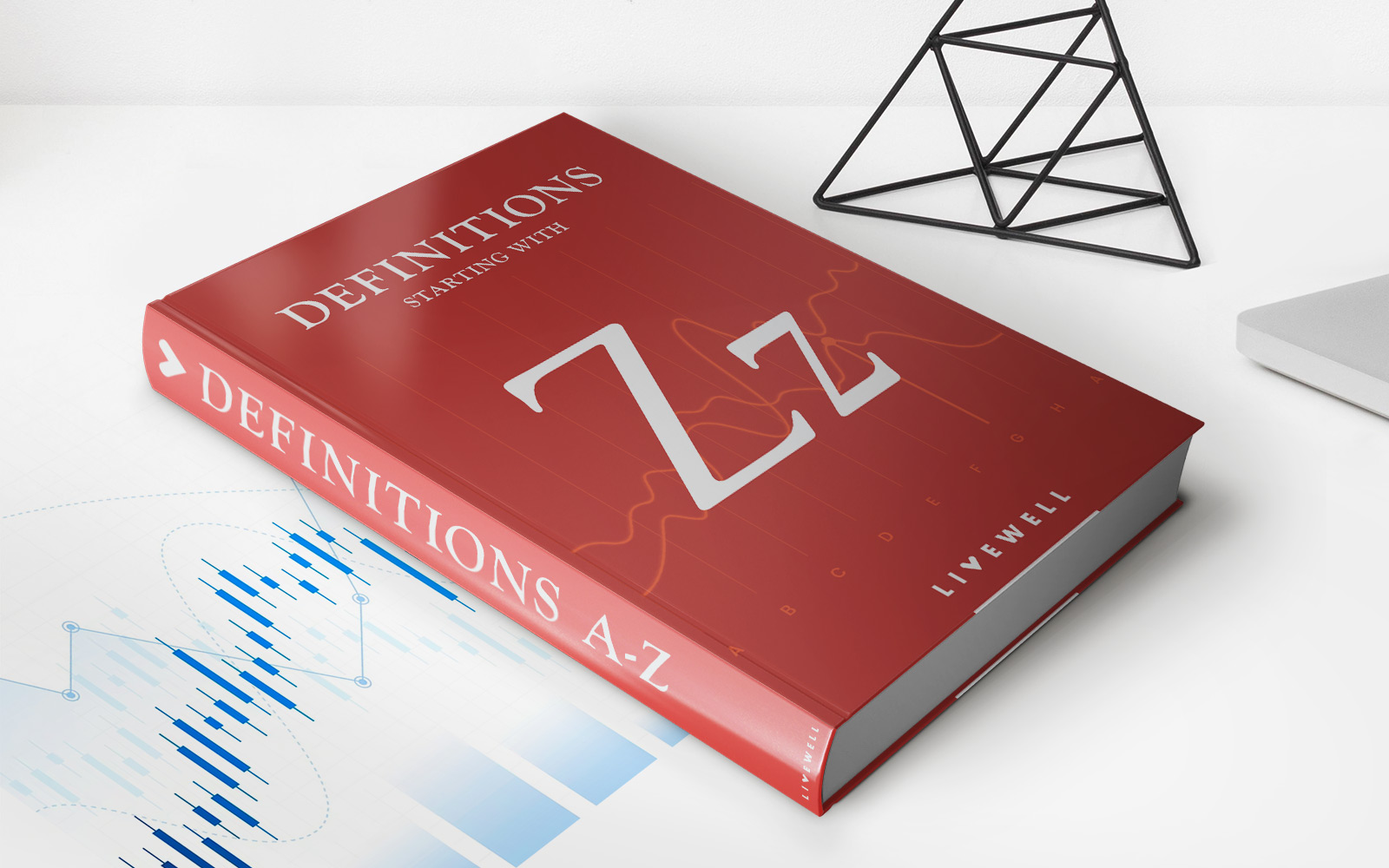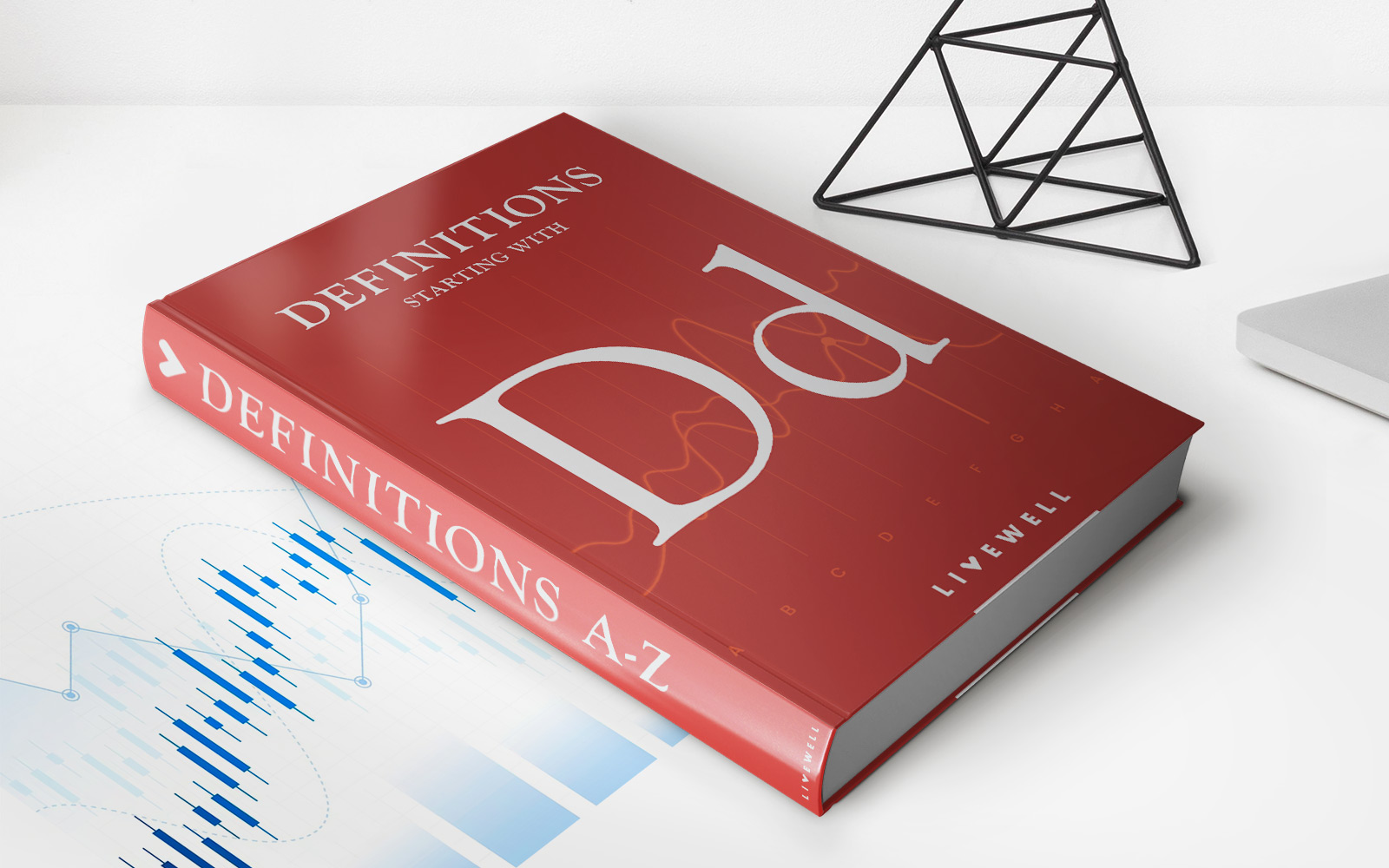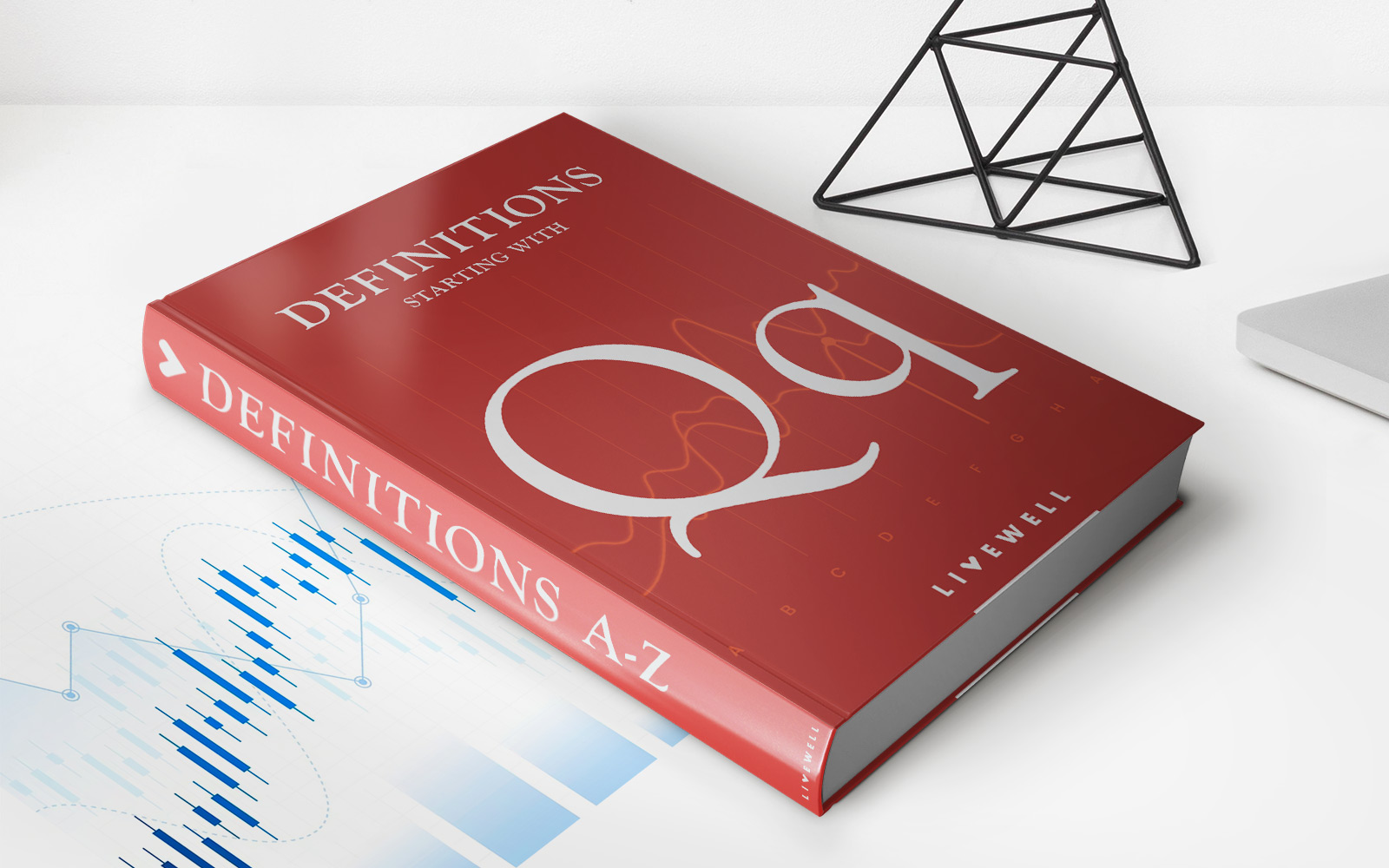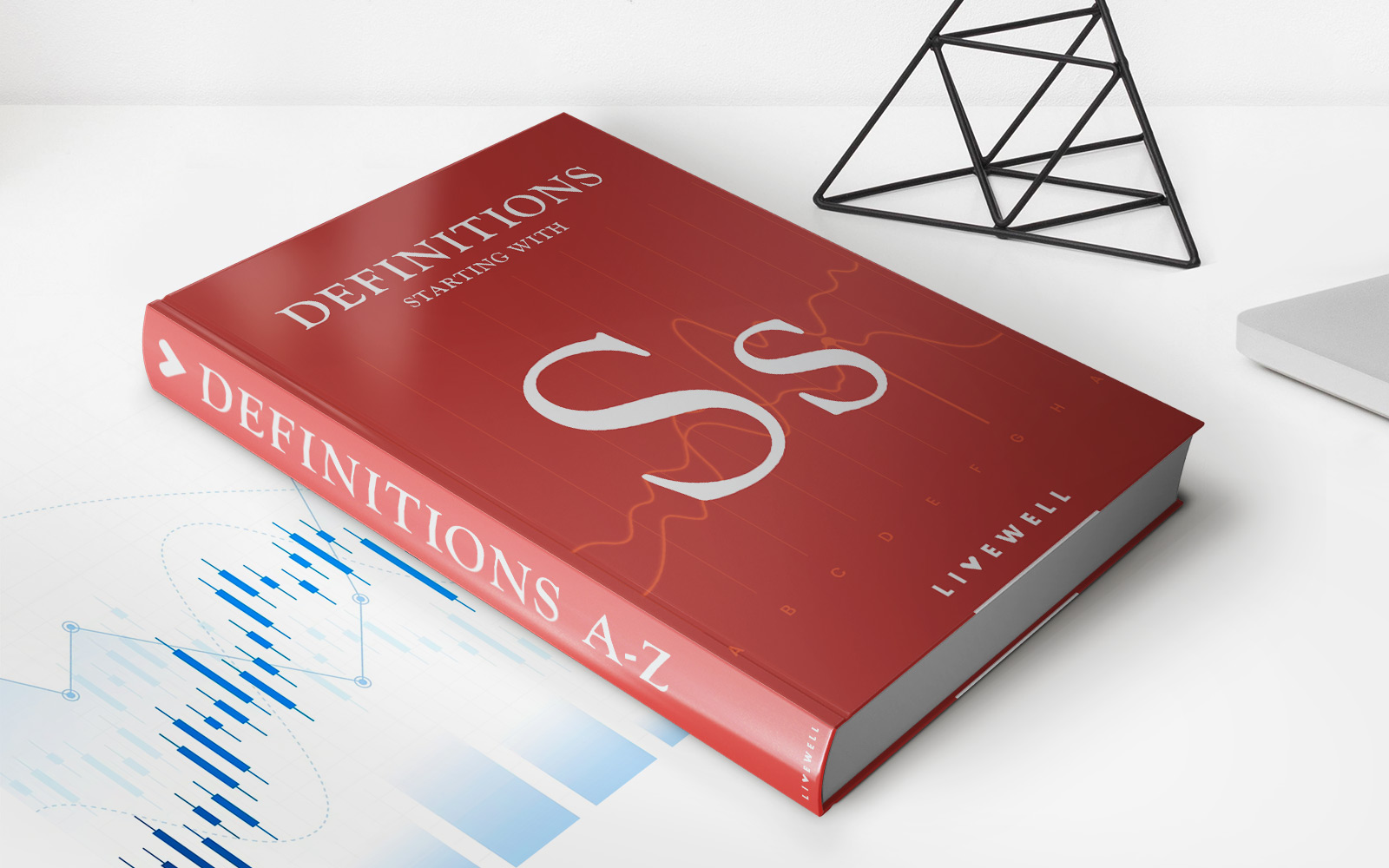Home>Finance>Inflation Accounting: Definition, Methods, Pros & Cons
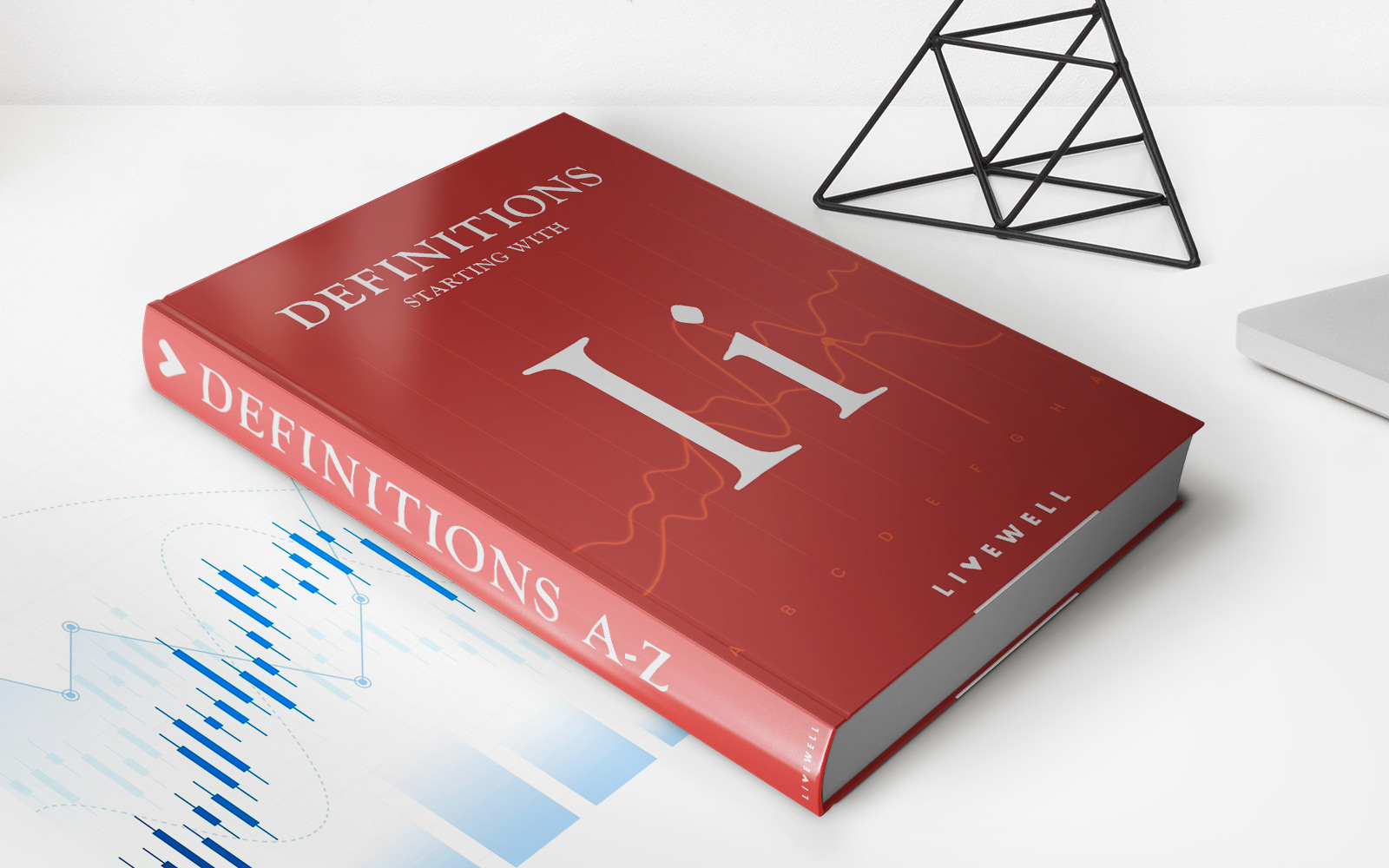

Finance
Inflation Accounting: Definition, Methods, Pros & Cons
Published: December 9, 2023
Learn about inflation accounting in finance, including its definition, methods, and pros & cons.
(Many of the links in this article redirect to a specific reviewed product. Your purchase of these products through affiliate links helps to generate commission for LiveWell, at no extra cost. Learn more)
Inflation Accounting: Definition, Methods, Pros & Cons
Welcome to our Finance category blog post, where we dive into various financial topics that can help you enhance your understanding of the world of finance. In today’s post, we will be exploring the concept of inflation accounting. What is inflation accounting, and how does it affect businesses and individuals? Let’s find out!
Key Takeaways:
- Inflation accounting is a specialized accounting method used to adjust financial statements for the effects of inflation.
- The two main methods of inflation accounting are the general price level method and the specific price indexes method.
What is Inflation Accounting?
Inflation accounting, also known as price level accounting, is a method used to adjust financial statements for the effects of inflation. Inflation is the persistent rise in the general level of prices over time, and it can erode the purchasing power of money. This method helps businesses and individuals account for the impact of inflation on their financial performance.
Now, let’s take a closer look at the methods used in inflation accounting:
1. General Price Level Method
The general price level method is based on adjusting financial statements using a general price index. This index measures the average price level of a basket of goods and services over a period of time. By applying this index to financial statements, companies can reflect the changes in the purchasing power of money due to inflation. This method provides a broad overview of the effects of inflation on a company’s financial performance.
2. Specific Price Indexes Method
The specific price indexes method takes a more granular approach by using indexes specific to different costs and assets. For example, a company may use specific price indexes for labor, raw materials, and specific assets they own. This method allows for a more detailed analysis of the impact of inflation on specific areas of a company’s operations. It can help businesses identify cost increases in specific areas and make more targeted adjustments.
Pros of Inflation Accounting
Enhanced Financial Reporting: Inflation accounting provides a more accurate picture of a company’s financial performance by adjusting for the effects of inflation. This allows stakeholders, such as investors and creditors, to make more informed decisions based on the real purchasing power of money.
Better Measurement of Value: Inflation accounting helps measure the value of assets and liabilities more accurately, particularly over long periods. When assets and liabilities are restated at their current values, it provides a more realistic representation of their worth.
Cons of Inflation Accounting
Complexity: Inflation accounting can be complex, requiring a deep understanding of inflation indexes and the various methods of adjustment. Implementing inflation accounting may require additional resources and expertise.
Subjectivity: There can be subjectivity in determining which specific price indexes to use and how to apply them. This subjectivity may lead to inconsistencies and different interpretations among companies.
Conclusion
Inflation accounting is an accounting method used to adjust financial statements for the effects of inflation. Through methods like the general price level method and the specific price indexes method, businesses can account for the impact of inflation on their financial performance. This allows for more accurate financial reporting and a better understanding of the real purchasing power of money. While inflation accounting has its pros and cons, it serves as an essential tool for businesses looking to navigate the challenges of inflation and make informed financial decisions.
We hope you found this blog post on inflation accounting informative and helpful. Stay tuned for more topics in our Finance category to enhance your financial knowledge!

